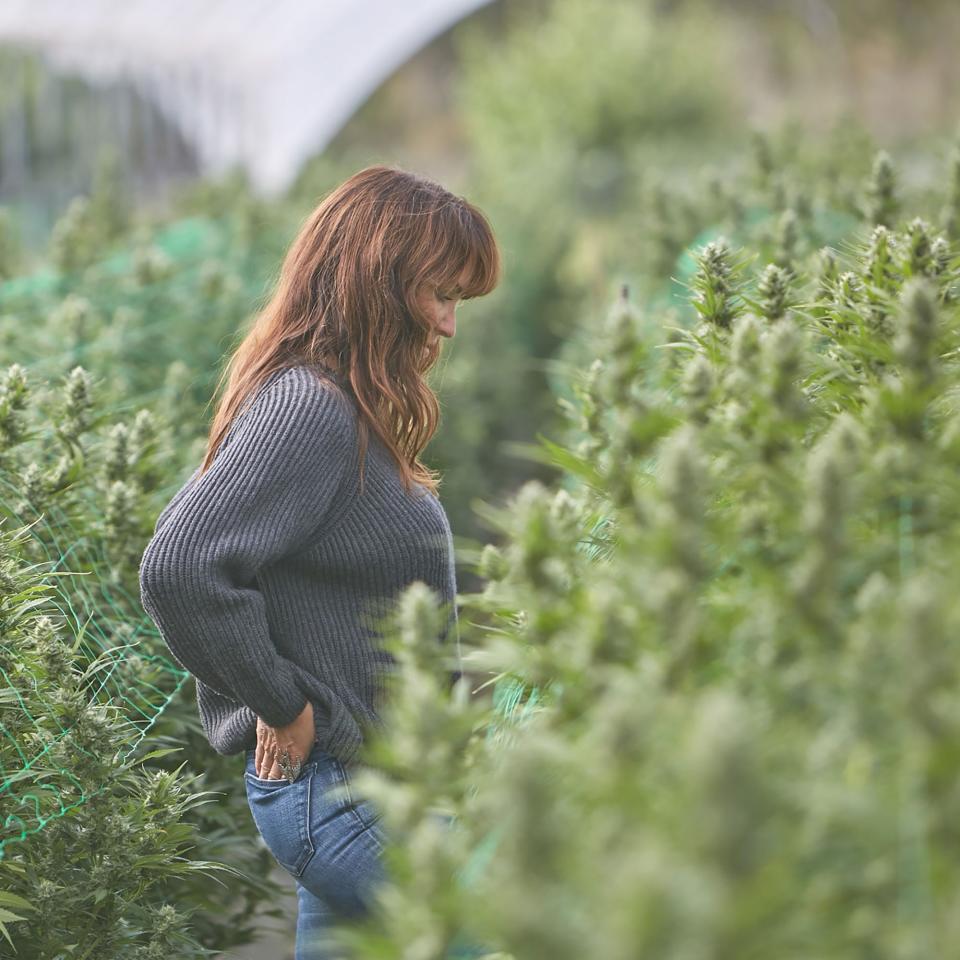Cannabis Saved This Fashion Branding Guru’s Life—And Now She’s Farming It Full Time
The improbable story of California cannabis farmer Sara Rotman starts to tell itself the moment you walk through her front door. Scattered about the mud mat are a dozen or so pairs of work boots, gardening clogs, and other rugged footwear suited to the demands of pastoral labor—and one pair of cherry red Sergio Rossi stilettos.
The heels are a vestige of her caffeine-fueled former life as founder of MODCo—the New York–based creative agency responsible for such indelible consumer iconography as the Tory Burch logo and the original brand identity for Goop. (A graphic designer and tattoo enthusiast, Rotman started the business after moonlighting as the bassist in an all-female Alphabet City punk band called Crotch.) “It was go, go, go,” she remembers. “It was not short on stress and drama.”
Now, however, Rotman, together with her husband, Nate Ryan, spends her days managing a different set of high-maintenance charges: the 100,000 square feet or so of plants on her 63-acre ranch just north of Santa Barbara, in the area that’s known as Sideways wine country but is rapidly shifting toward a different sort of buzz-generating crop. (“The same breeze that makes Pinot good is good for weed,” she points out.)
Rotman first bought the land and low-slung house—and renovated it to a Nancy Meyers caliber of airy, all-white chicness—as a retreat where she could keep horses; for years, she played polo competitively, weekending in Westchester and even flying regularly to Argentina for the sport when she wasn’t calling on high-powered clients on both coasts. “I was on a plane every three or four days,” she recalls, sipping a cappuccino (old habits die hard) in her sprawling eat-in kitchen. But all that changed in 2014, when, during an important meeting at the Los Angeles home of a very blue-chip celebrity lifestyle guru, she suddenly began to lose consciousness.
One ambulance ride to Cedars-Sinai later, Rotman had an explanation: Crohn’s disease that had gone undiagnosed for so long that she was experiencing renal failure and had several 22-inch-long ulcers in her lower intestines. During her seven-day stay, doctors dosed her with opioids and forbade her from flying for six months. “The most devastating thing was being told that this thing was incurable and you’ll have it forever,” she says. “It was the beginning of a whole new life.”
Cannabis Saved This Fashion Branding Guru’s Life—And Now She’s Farming It Full Time
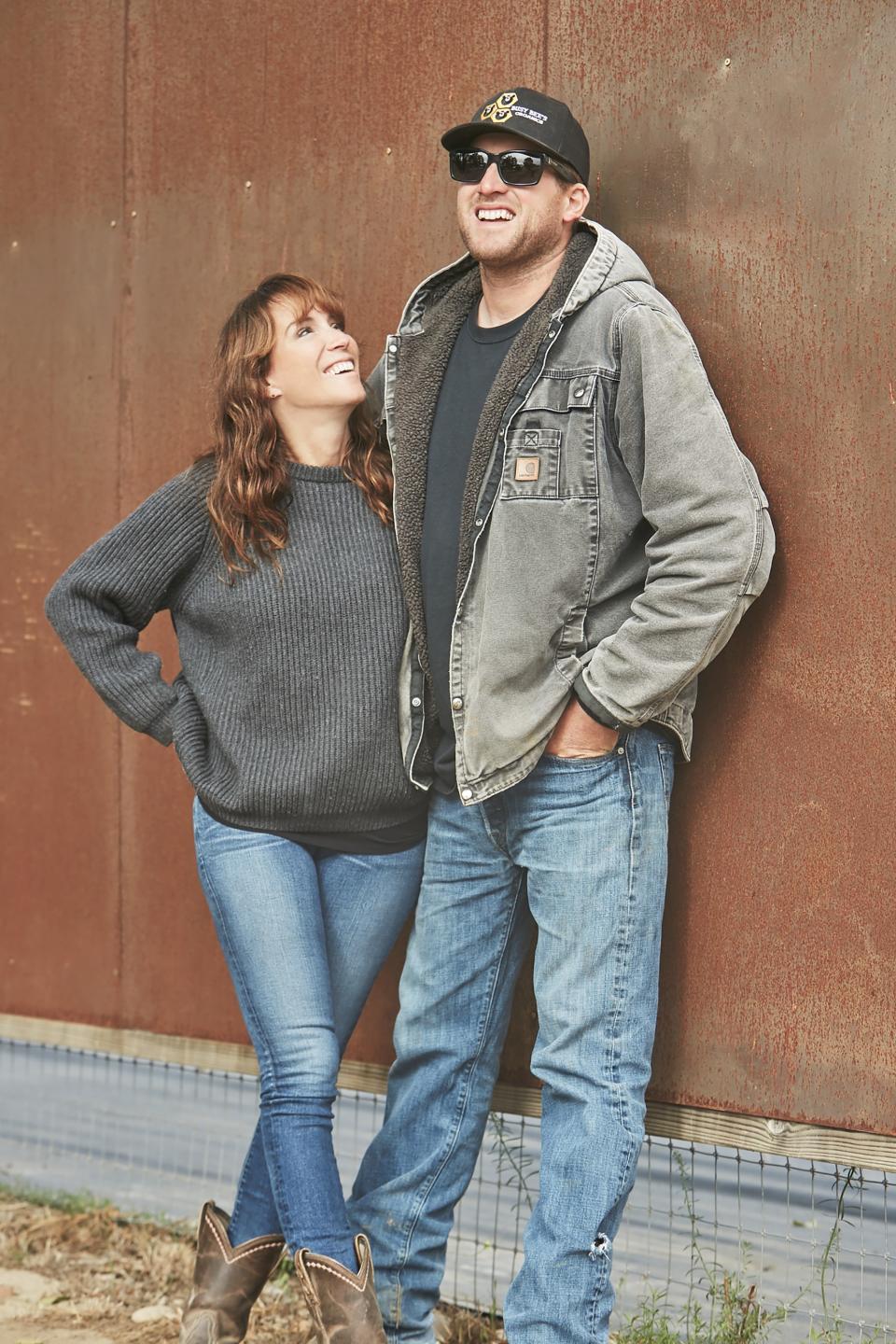
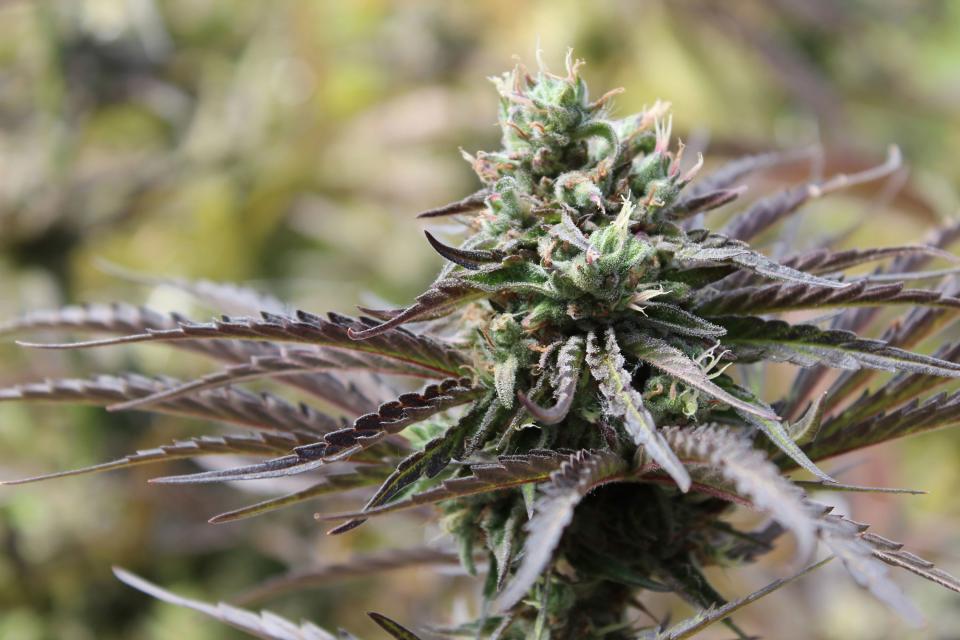
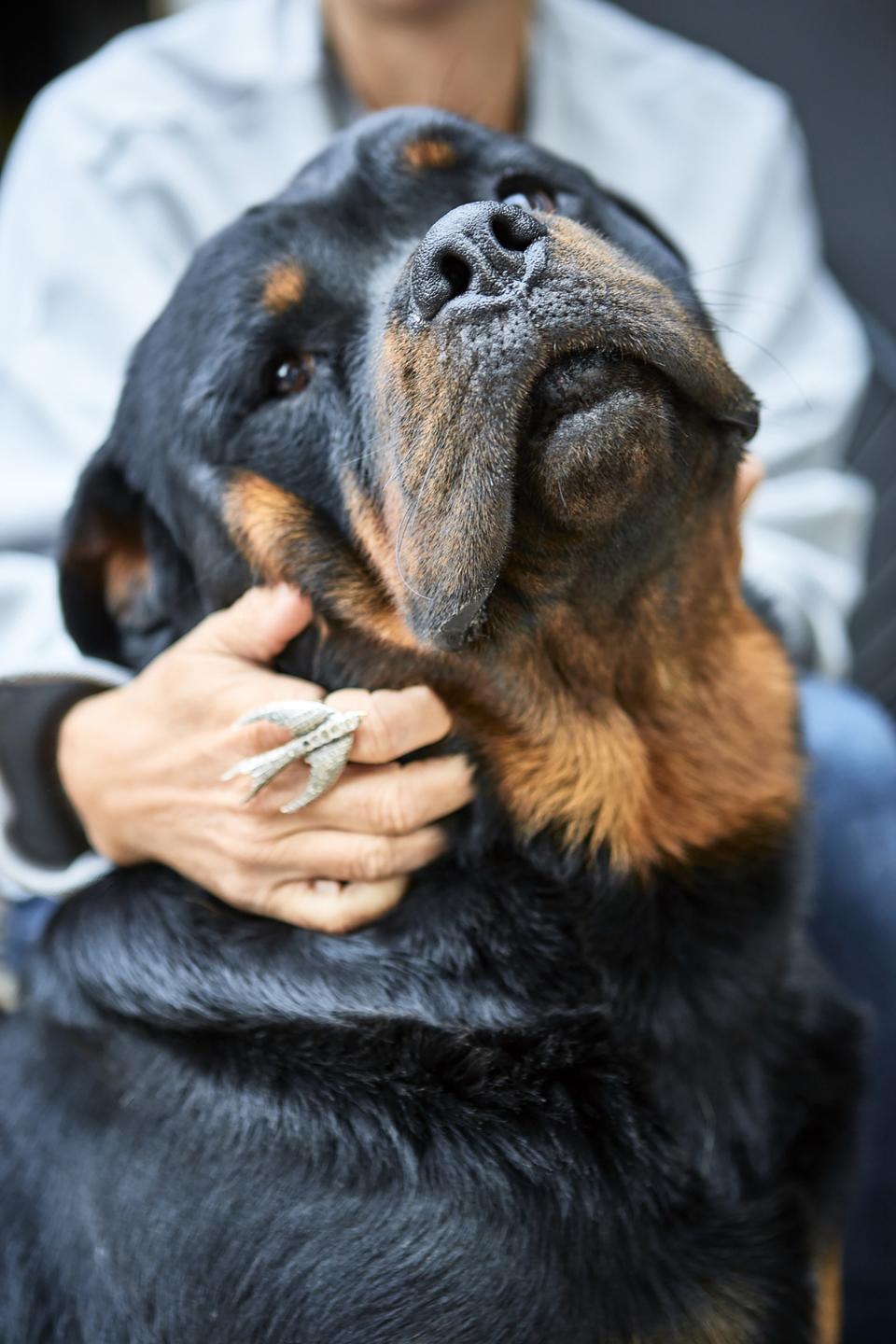
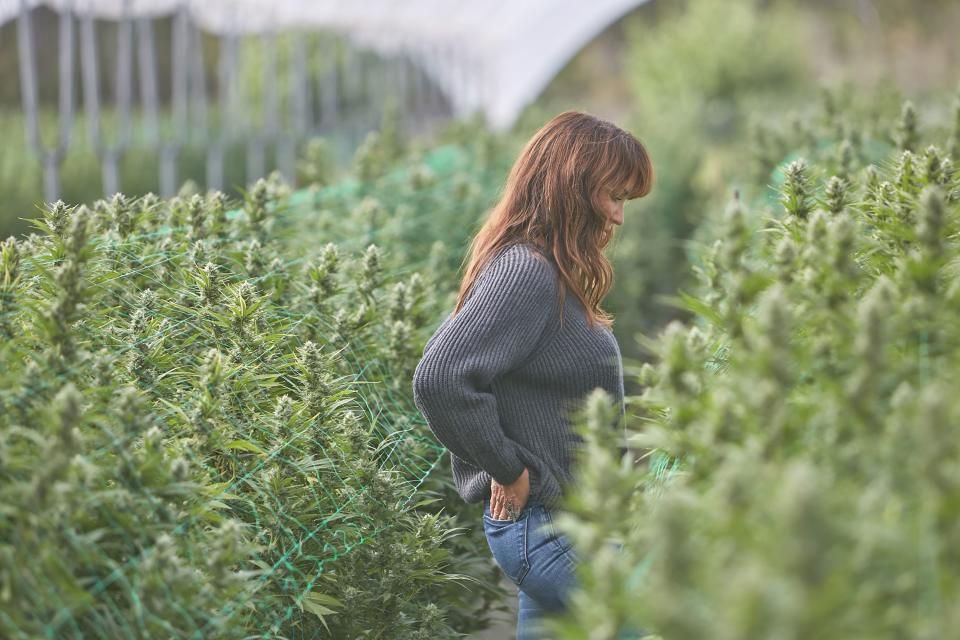
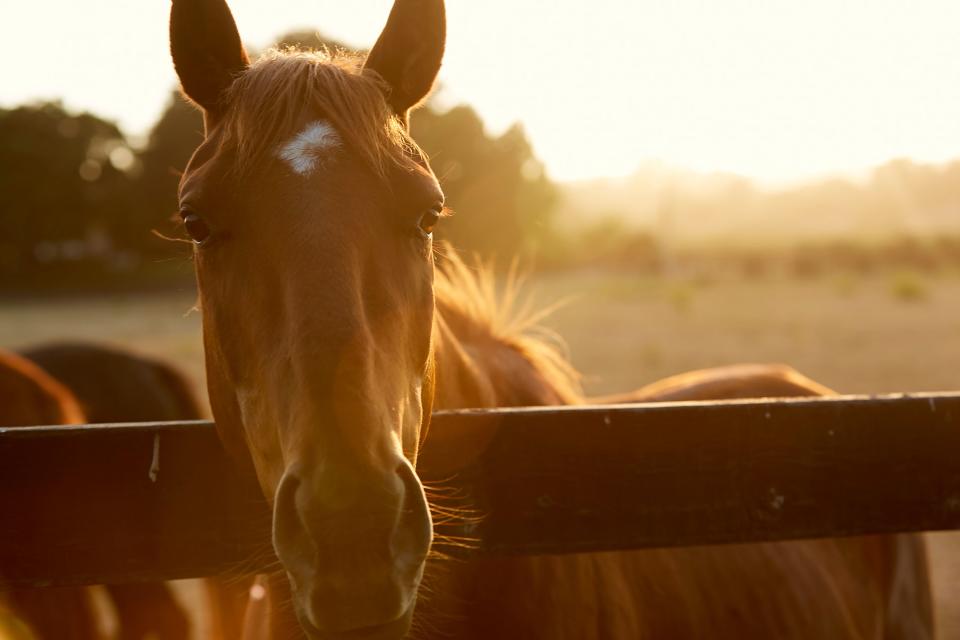
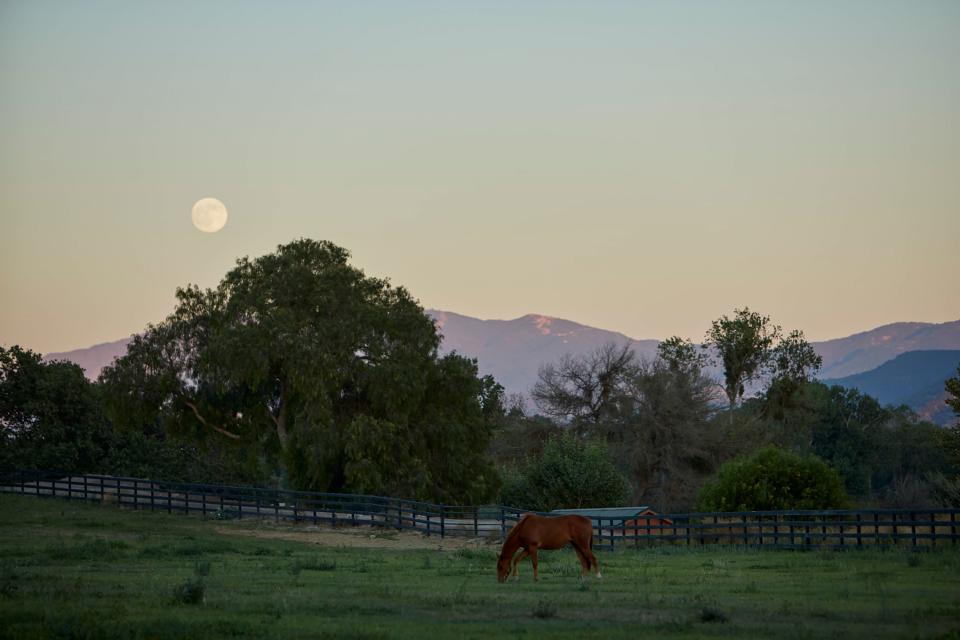
Waylaid in California, Rotman took a leave of absence, during which she was prescribed a medication that she says cost $15,000 per month and led to a harrowing bout of tetanus that almost took her life. (The episode involved lockjaw, panic attacks, and liver failure.) After that, she tried everything she could to restore her health. “You go through what sick people do,” she says. “I tried keto; I tried to reduce stress; I closed the company.” And since they already had the land, she and Ryan—a surfer who was raised on a nearby avocado farm—began to grow their own organic food, which, she says, “really changed my life.”
Rotman also enlisted the help of a doctor who specialized in non-Western herbal medicine and, at his suggestion, tried a variety of edible products made with CBD, the nonpsychoactive compound found in cannabis and hemp plants. “I was never a ‘pot chick,’ and I was a little bit skeptical,” she says. “But I needed to get the inflammation down.” CBD did that and also relieved her debilitating pain—“better than morphine,” Rotman says. She even began to take on clients again. “I’m a true convert because it works for me,” she says. “I can not only control my symptoms, I can control the actual inflammation—inflammation leads to long-term risk for heart disease.”
The one thing she couldn’t control was what was actually in the products she bought. Cannabis, and edibles especially, can be opaque or inaccurate when it comes to labeling ingredient origins, quality control, and the actual composition of cannabinoids, the active compounds in the plant. There was a brush with arsenic poisoning—the adage “what doesn’t kill you makes you stronger” begins to come to mind at this point in her story—and there was the moment when, on the elevator ride up to a meeting with a billionaire fashion mogul in Manhattan, Rotman realized that, despite having taken what she thought was a CBD-only edible, she was stoned out of her mind. “I literally had to cancel the meeting, go home, take a Valium and a glass of wine, and sleep for three days.”
What was a girl with a vast plot of fertile California soil to do? “Dude!” Rotman says with a laugh. “Being the overachieving New Yorker that I am, I called a lawyer and we founded a collective that week and started growing.” The operation is still growing—and growing. Rotman’s fledgling Bluebird805 brand offers pre-rolls, flower buds, and vape pens made from the cream of the crop; the farm also wholesales cannabis to distributors, which makes up the bulk of its business. On the blistering 90-degree day of our interview, several workers mill about between two soccer-field-size shade structures, beneath which plants grow in neat rows like Christmas tree saplings, and a wooden outhouse, designed and erected by Ryan, inside which “babies” are incubated in trays and harvested strains hang to dry like Brobdingnagian bundles of kitchen herbs. The pool house, overlooking a horse run, has been refashioned as corporate HQ; a family of menacing Rottweilers roam the perimeter to deter any would-be thieves.
It’s a full-time job and then some; weekends and holidays are mostly work days, and Rotman finally let go of her beloved rent-controlled New York apartment earlier this year. But while she may have officially swapped her stilettos for those lug-soled boots—at least, except for special occasions—as she points out, cannabis farming and fashion do have a few things in common. “There’s a lot of cult of personality in both worlds. Reverence for eccentricity exists in both worlds. There’s a misunderstanding of the hard work it takes in both worlds,” she says. “There are people who care about cannabis in the same way that Lee McQueen cared about tailoring.”
Increasingly, Rotman is one of them. “For me, aesthetics are my spiritual place. But that passion can transfer,” she explains. “I had a moment during our planting when it all seemed so familiar. I was learning about terpene profiles”—the fragrant compounds in cannabis, also found in essential oils, that affect everything from flavor to mood to the “nose” of a strain. “It’s like a symphony.” In other words, managing 15 crops at various stages of the farming process isn’t so different from managing 15 designers at various stages of the branding process.
“The job is 99 percent observation. Who knows that better than designers?” Rotman continues, fingering a spongy live bud of Durban Poison with a satisfied smile. “It’s so Zen. And it’s making me so happy.”
Bluebird805 products are available at 805 Beach Breaks in Grover Beach, California, and People’s OC in Santa Ana, California.
